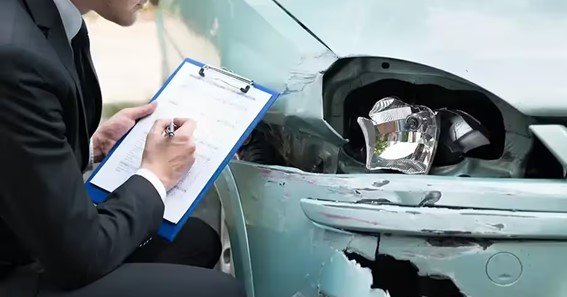When a car accident occurs, one of the first questions that comes to mind is: does insurance cover car accidents? The answer largely depends on the type of insurance you have. Let’s explore different aspects of car accident insurance coverage and help you understand what’s included and what’s not.
What is Car Accident Insurance Coverage?
In general, car accident insurance coverage refers to the financial protection you receive from your insurer in case of an accident. This coverage can vary significantly based on your insurance policy for car accidents and the type of coverage you have purchased.
Types of Insurance that Cover Car Accidents
- Collision Insurance
- Collision insurance is designed to cover the damage to your vehicle in case of an accident, regardless of who is at fault. If you wonder, does insurance cover car accidents where you’re at fault, this is the type of policy that would protect your vehicle.
- Comprehensive Car Insurance
- While not directly linked to accidents, comprehensive coverage protects against damage from non-accident-related incidents like theft, fire, or natural disasters. It’s essential to differentiate this from standard auto accident insurance coverage.
- Liability Coverage for Car Accidents
- Liability insurance is a critical component of any car accident insurance coverage. It pays for the damages you cause to another driver or their property if you’re found at fault. This coverage doesn’t extend to your own vehicle but helps in cases involving lawsuits and large compensation claims.
- Uninsured Motorist Protection
- What if you’re in an accident with someone who doesn’t have insurance? In such cases, uninsured motorist protection comes to the rescue. This insurance ensures that you’re covered for both bodily injury and vehicle damage caused by an uninsured driver.
- Medical Expenses After Car Accident Insurance
- Depending on your policy, medical coverage can help cover hospital bills and other medical expenses after an accident. Whether you caused the accident or not, medical expenses after car accident insurance can alleviate the financial burden of injuries.
Does Car Insurance Cover Accidents Involving Other Drivers?
Yes, your insurance policy for car accidents generally covers accidents involving other drivers. However, the extent of coverage depends on your liability insurance. If you’re responsible for the accident, your liability insurance will cover the other driver’s vehicle and medical expenses. In contrast, collision insurance can help pay for the damage to your car, no matter who’s at fault.
Understanding What Insurance Covers in Car Accidents
To summarize, what insurance covers in car accidents depends on the type of coverage you have:
- Collision Insurance: Covers damage to your car.
- Comprehensive Insurance: Covers non-accident-related damages.
- Liability Coverage: Covers damages to others’ property or injuries when you’re at fault.
- Uninsured Motorist Protection: Covers you when the at-fault driver is uninsure.
FAQ
- Does insurance cover car accidents caused by you?
Yes, car accident insurance coverage such as collision and liability insurance will cover the damages caused by you, though liability typically only covers damages to others. - What insurance covers in car accidents for medical expenses?
Depending on your policy, you can have medical expenses after car accident insurance, which covers hospital bills, rehabilitation, and other medical costs. - Does car insurance cover accidents with uninsured drivers?
Yes, uninsured motorist protection covers damages and medical expenses if the other driver doesn’t have insurance. - Does collision insurance cover any type of car accident?
Collision insurance covers damage to your car in almost any type of accident, regardless of fault. - What is the difference between liability and comprehensive car insurance?
Liability coverage for car accidents covers damages you cause to others, while comprehensive car insurance covers non-accident-related damage like theft or vandalism.
Understanding these types of coverage can help ensure that you’re fully protected in the event of an accident. It’s important to review your auto accident insurance coverage and make sure it meets your needs.










